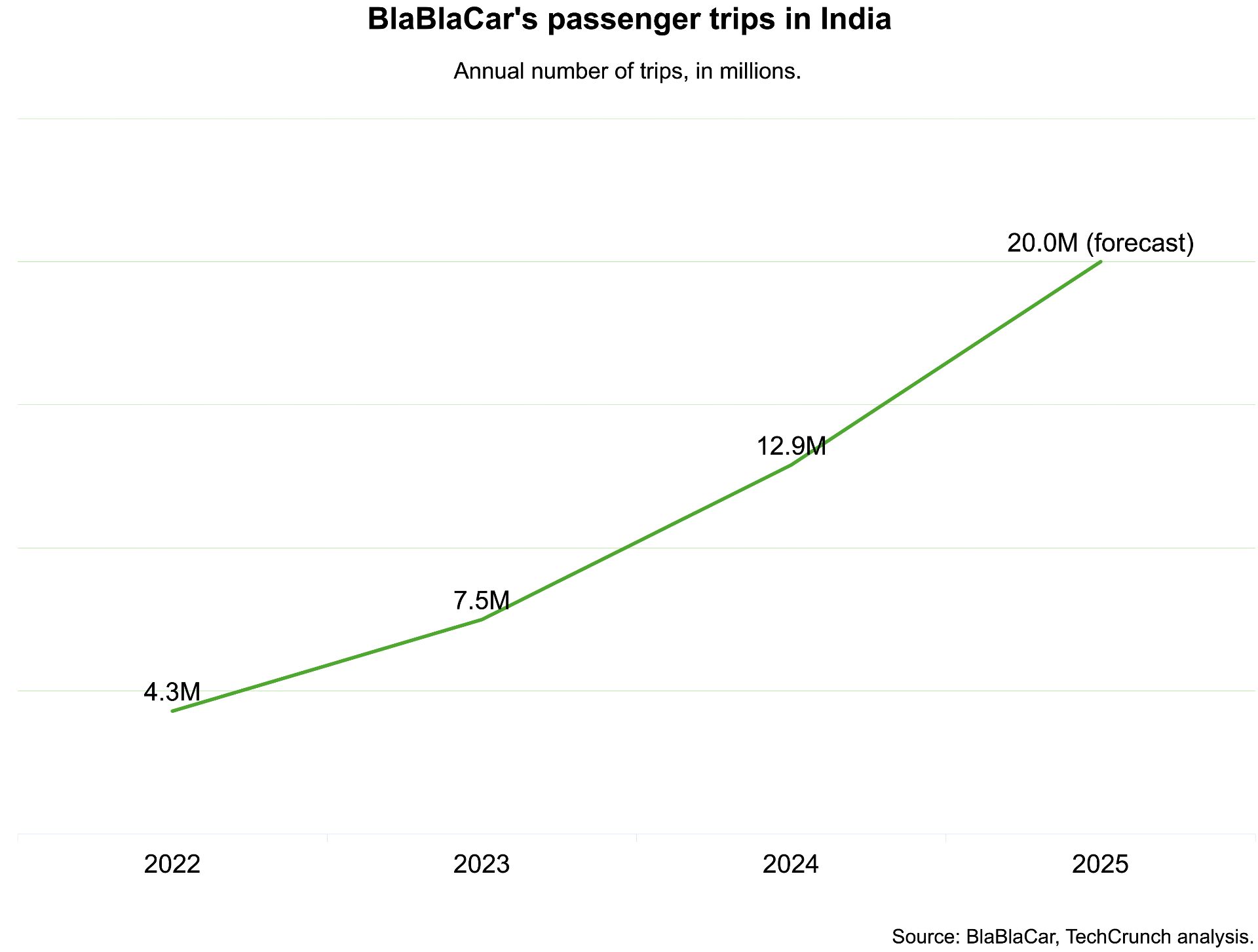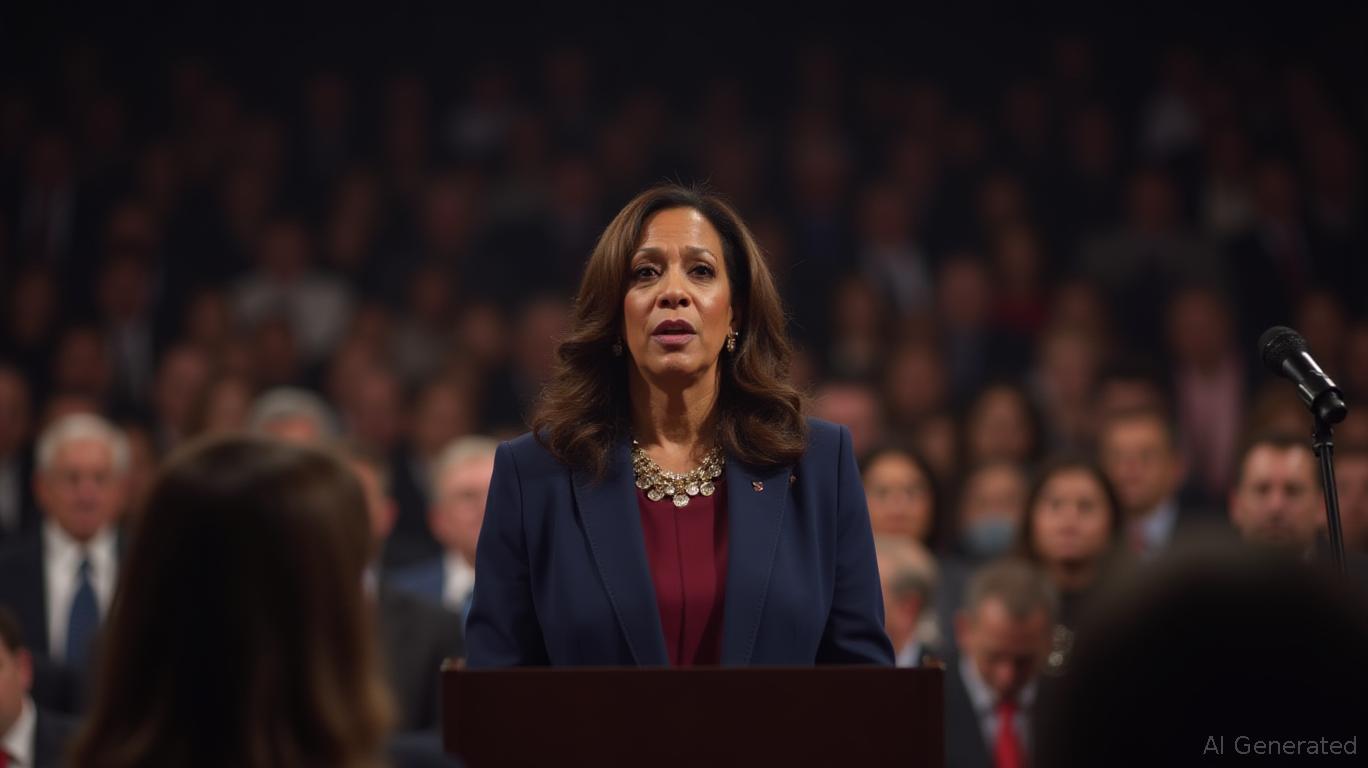Five Challenges Stand in the Way of Trump Securing a Ukraine Peace Agreement
- Trump indefinitely postponed Putin meeting due to stalled Ukraine peace talks, citing lack of progress on Kyiv-Moscow negotiations. - U.S. imposed new sanctions on Rosneft and Lukoil while pressuring Kyiv on territorial concessions, but Russia rejects ceasefire proposals. - Five key obstacles include Trump's limited influence over Putin/Zelenskyy, Russia's maximalist demands, U.S. military support risks, and mutual unwillingness to compromise. - Lavrov opposes immediate ceasefire while Zelenskyy insists
U.S. President Donald Trump has
This delay comes after a tense White House discussion with Ukrainian President Volodymyr Zelenskyy, during which Trump
1. : In contrast to the situation in Gaza, where Trump was able to influence both Israeli and Arab leaders, his leverage over Putin and Zelenskyy is minimal. His alternating tactics of sanctions and withholding arms have not produced the desired results.
2. : Moscow continues to dismiss ceasefire initiatives and remains firm on territorial claims, indicating it still believes victory is possible.
3. : The U.S. provision of advanced weaponry to Ukraine, such as Tomahawk missiles, risks escalating the conflict and limits Trump’s capacity to pressure Russia.
4. : Russian leaders are accused of taking advantage of Trump’s preference for direct talks to stall American action in support of Kyiv.
5. : Both parties remain unwilling to compromise, with Zelenskyy’s administration refusing to make concessions and Russia persisting in its territorial pursuits.
The collapse of the planned Budapest summit, which was to take place in late October, highlights the severity of the deadlock. Although Trump called the cancellation his own choice, White House representatives emphasized that “both parties must be committed to a meaningful peace agreement.” At the same time, Russian Foreign Minister Sergey Lavrov has openly rejected an immediate ceasefire, making clear Moscow’s reluctance to negotiate.
Zelenskyy has maintained that Russia’s willingness to negotiate diminishes whenever Western military aid to Ukraine slows, underscoring Kyiv’s dependence on ongoing support. U.S. Treasury Secretary Scott Bessent described the latest sanctions as a “final opportunity” for Russia to pursue peace, warning that “the time to end the violence is now.”
Despite the ongoing impasse, diplomatic initiatives are continuing. Hungarian Prime Minister Viktor Orbán has offered to host a future Trump-Putin meeting, though no date has been arranged. Trump’s team remains intent on ensuring any talks produce concrete results, with Press Secretary Karoline Leavitt stating, “Our goal is to secure a real, positive outcome.”
:
Disclaimer: The content of this article solely reflects the author's opinion and does not represent the platform in any capacity. This article is not intended to serve as a reference for making investment decisions.
You may also like
India, which BlaBlaCar previously exited, has now become its largest market

TechCrunch Mobility: The debate over the ‘robot army’

Harris's 2028 Aspirations Ignite Democratic Party Debate on Messaging and Cohesion
- Kamala Harris signals 2028 presidential ambitions, asserting a woman could become U.S. president in her lifetime despite 2024 election loss to Trump. - Democratic critics like Sen. John Fetterman blame her "fascist" Trump label for alienating voters, highlighting party tensions over rhetoric and messaging strategies. - Gov. Gavin Newsom and other governors test 2028 waters, with polls showing Newsom leading Harris in California Democratic primary projections. - Internal Democratic fractures deepen as Har
